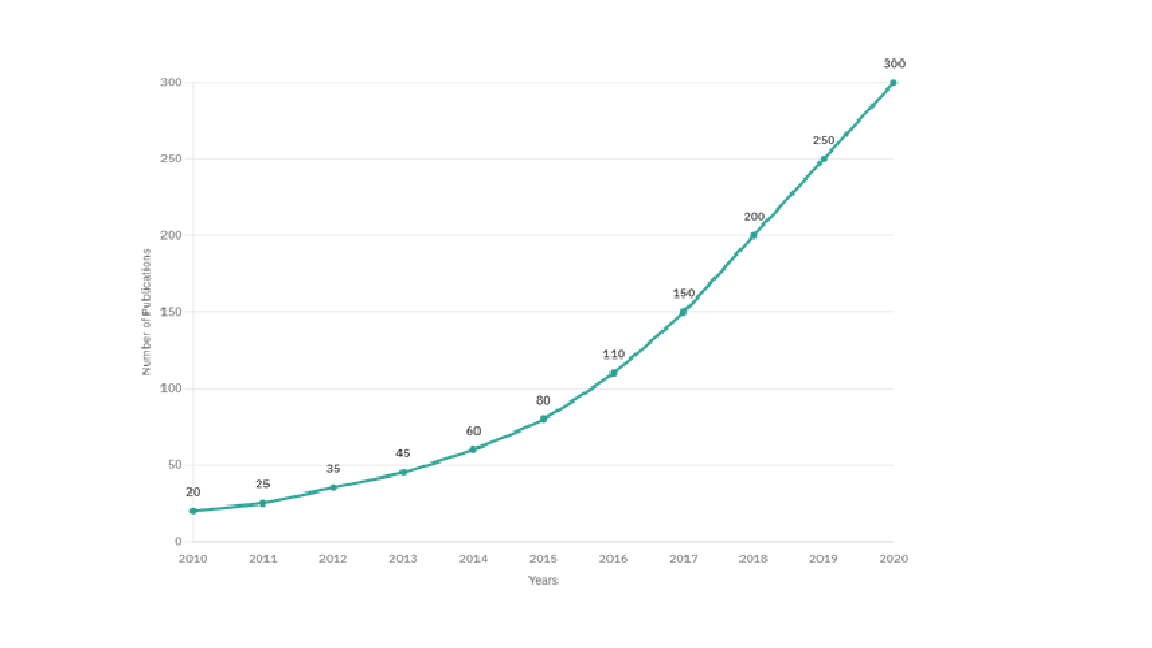Machine Learning in Agriculture: Applications and Challenges
Main Article Content
Abstract
Machine learning (ML) has emerged as a transformative technology in agriculture, offering innovative solutions to enhance productivity, efficiency, and sustainability. From crop disease detection and precision agriculture to autonomous farming equipment and livestock monitoring, ML applications are revolutionizing traditional farming practices. By analyzing vast amounts of data from sensors, drones, and satellites, ML algorithms enable farmers to make more informed decisions, optimize resource use, and predict crop yields with greater accuracy. Despite its potential, the integration of ML in agriculture faces significant challenges, including data quality and availability, high implementation costs, the need for technical expertise, and concerns around data privacy and security. Moreover, there is resistance to adopting ML technologies in traditional farming communities. Overcoming these challenges requires collaboration between technology providers, governments, and farmers, alongside targeted training and infrastructure development. As machine learning continues to evolve, it holds the promise of reshaping agriculture by improving sustainability, reducing environmental impact, and increasing food production to meet the demands of a growing global population.
